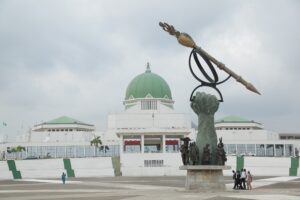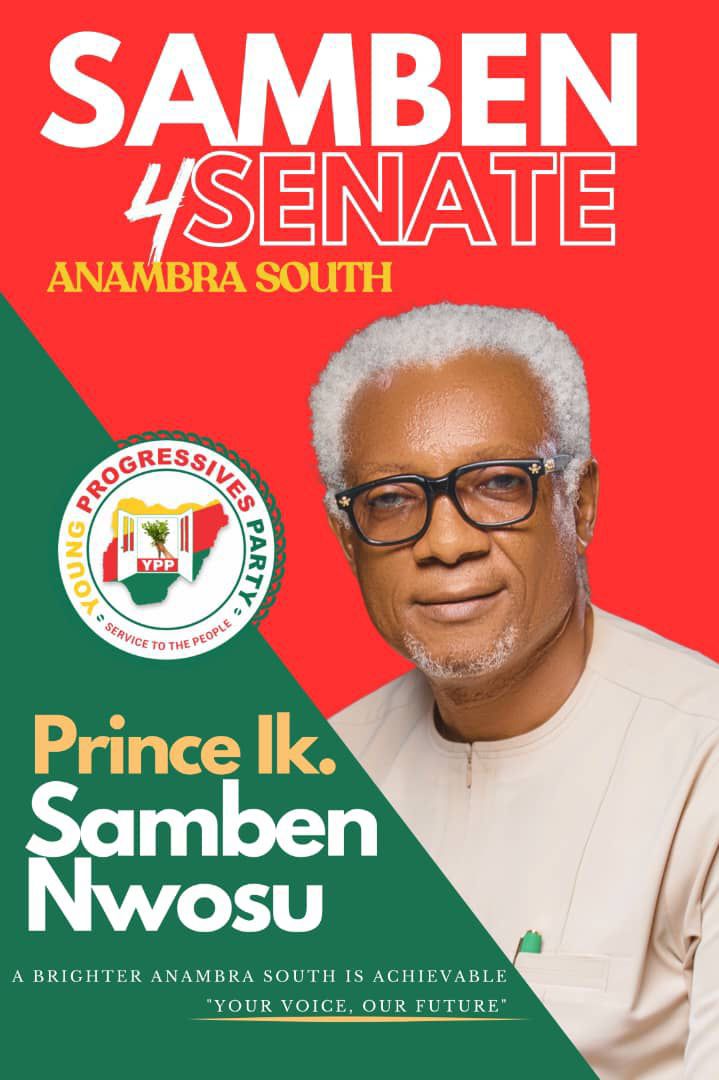
The Senate and House of Representatives have rescinded their decision on the 2025 appropriation bill passed on February 13 to correct discrepancies in capital and recurrent allocations.
The revised budget shows that the total budget remains ₦54.9 trillion.
Capital expenditure in the reviewed budget was reduced by more than ₦500 billion, while recurrent expenditure jumped by the same amount.
With the correction, the allocation for capital projects is now ₦23.439 trillion, while recurrent is ₦13.588 trillion, contrary to what was earlier passed.
The move followed a motion moved by the chairman of the Joint Committee on Appropriations, Adeola Olamilekan, and the chairman of the House Appropriations Committee, Abubakar Kabir.
For proper context, when the National Assembly originally passed the bill last week, ₦13.064 trillion was allocated for recurrent expenditures and ₦23.963 trillion for capital projects.
The initial breakdown of the ₦54.99 trillion budget proposal also included ₦3.645 trillion for statutory transfers and ₦14.317 trillion for debt servicing, with a fiscal deficit of ₦13.08 trillion and a deficit-to-GDP ratio of 1.52 percent.
This revision followed President Bola Tinubu’s decision to increase the 2025 proposed budget from ₦49.7 trillion to ₦54.2 trillion, which was subsequently passed by both chambers of the National Assembly.
The budget, titled “Budget of Restoration: Securing Peace, Rebuilding Prosperity,” aimed at consolidating policies to restructure Nigeria’s economy, boost human capital, and stimulate key sectors such as manufacturing and oil and gas production.
On February 13, the chairman of the House Committee on Appropriations, Abubakar Bichi, while presenting the bill for consideration, stated that the committee met with the Presidential Economic Planning team to further discuss revenue projections and expenditure for the 2025 Appropriation Bill.
According to him, the budget was presented late, compared to that of 2024.
He urged the executive to present subsequent budgets to the National Assembly not later than three months before the next financial year, to maintain the January to December budget cycle.
It would be noted that Tinubu on Wednesday, December 18, presented Nigeria’s 2025 budget proposal to a joint session of the National Assembly with key highlights, adjusting the exchange rate benchmark to ₦1,500 per dollar






